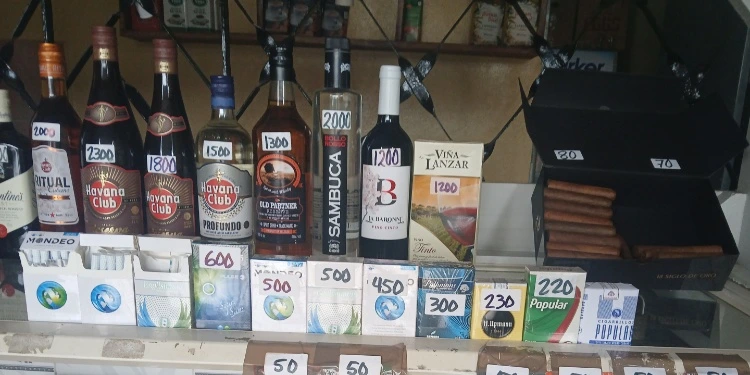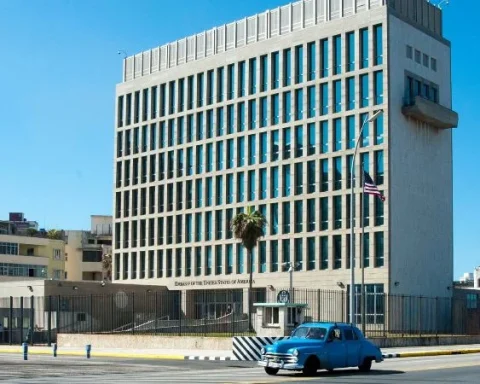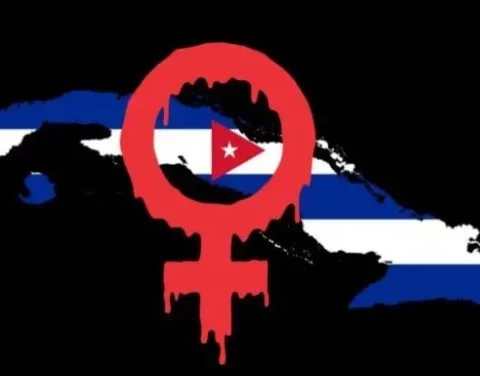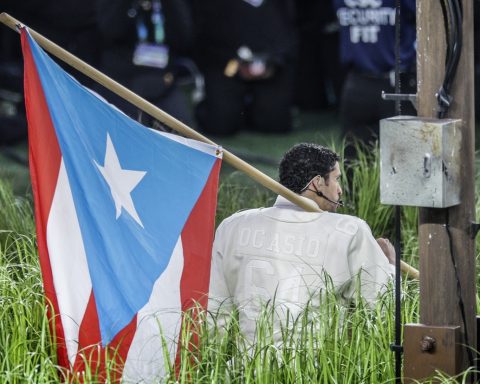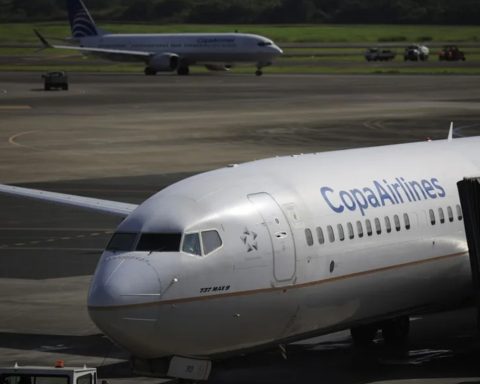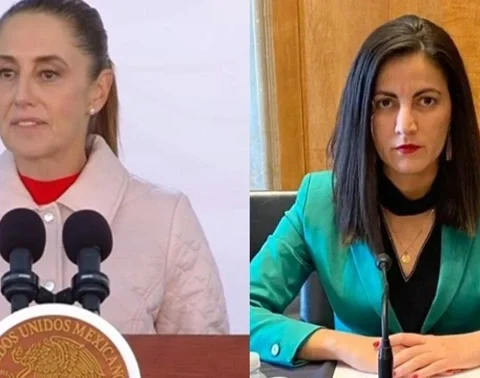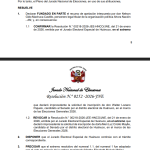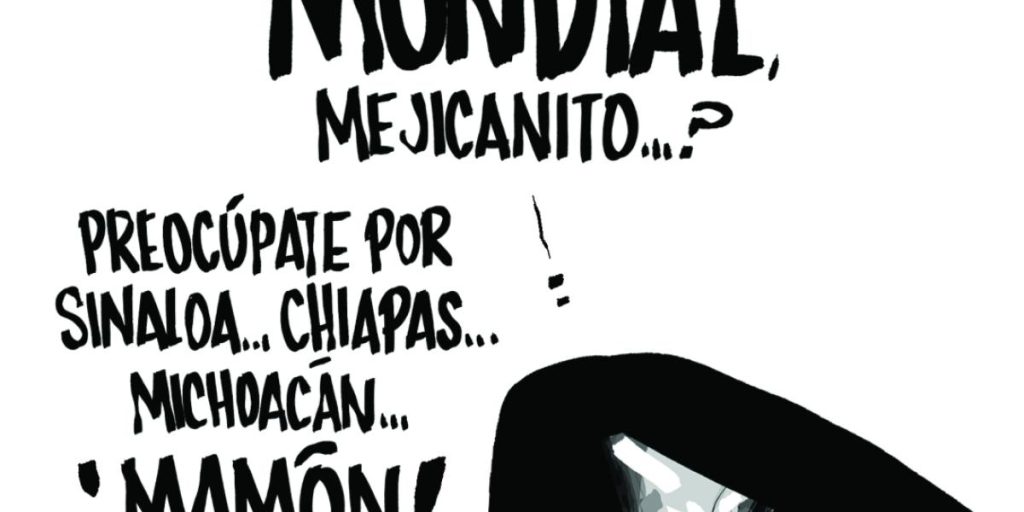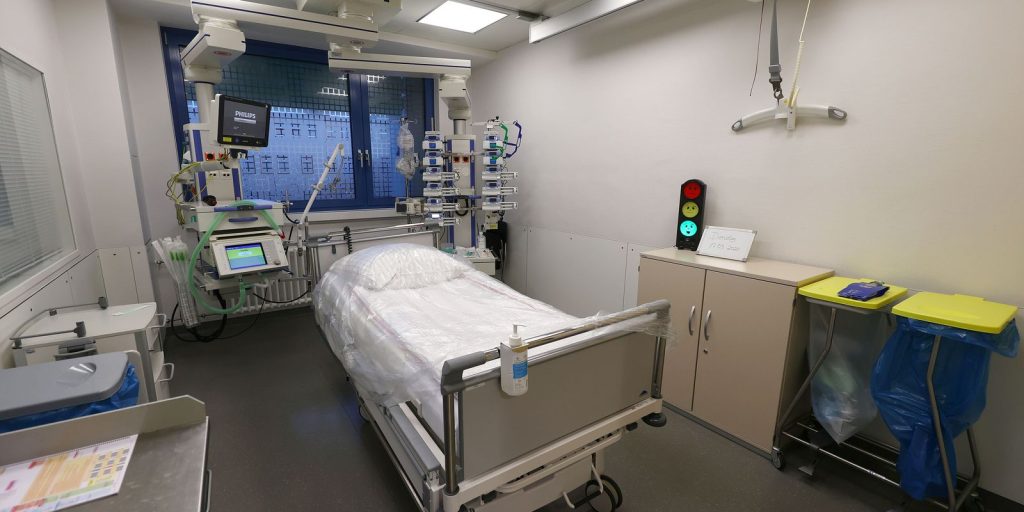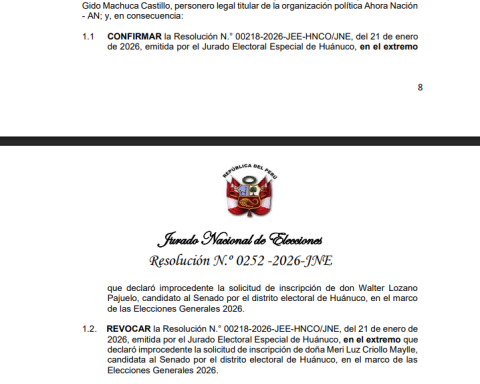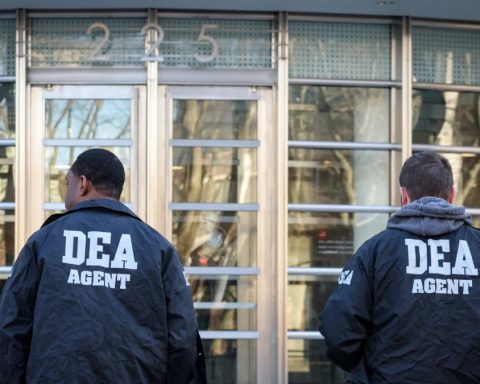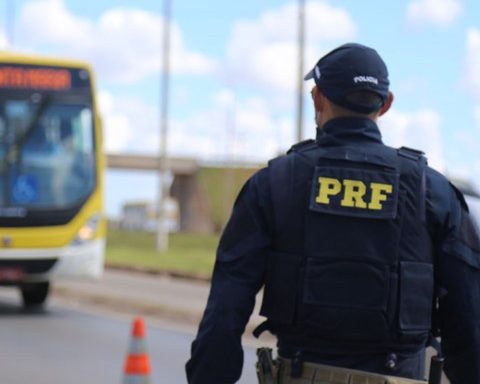HAVANA, Cuba.- In the nineties, the cigars They came to represent a kind of “currency” that could be exchanged for soap or food. The price of a pack in the informal market represented almost half of any worker’s salary, even when they were the same ones sold through the supply book.
a new crisis With this sought-after product, smokers in Cuba are once again put in check, as they now have to pay three times its official value.
In the doorways that border Santa Clara Boulevard, Gustavo, a retired construction worker, resells boxes of Popular at 110 pesos, razors and other trifles.
“During the special period, many decent people took to picking up ends in the streets to put them back together and smoke them. The same story is about to repeat itself, you’ll see,” predicts the old man and assures that it is striking how “no one gives away even one of those bad ones that come through the cellar anymore.”
The own statistics suggest that about 24% of the Cuban population over 15 years of age has the habit of smoking.

A large part of smokers prefer black cigarettes with filters produced by Brascuba SA, the joint company that has operated in the country since 1996 and which went on the market under the commercial slogan “I am Cuban, I am Popular.”
Precisely, in this last month, the price of these cigars has skyrocketed in the informal market to exceed 300 pesos per box for the red and green H. Upmann, Selecto and Populares brands, all of them produced by the Brascuba factory, located in the Mariel Special Development Zone.
In the capital, in tourist sites such as Varadero or in private bars, they have cost much more, especially those with Dunhill or Rothmans menthol blonde tobacco, which are sold for more than 500 CUP per pack.
The phenomenon of shortages and subsequent rise in prices of cigarettes is not new. Since 2019 they began disappear of the network of markets in Cuban pesos, a situation that worsened after the cessation of the CUC and the opening of stores in Freely Convertible Currency, where they were sporadically for sale.
The official media They justified the first one with the deficit of the producing factories “due to unforeseen breakages, logistical and transportation problems, lack of materials, and the paralysis of some lines or delays in deliveries due to the pandemic.”
They also said that Tabacuba, the supplier company, did not have wrapping paper, labels and parts for the “economic line” factories.
At that time, to try to stop hoarding and resale, local governments decided to market cigarettes “in a controlled manner” through the supply book, that is, through a ticket delivered to the wineries with which each nucleus agreed to the purchase of only one wheel (ten packs) of those produced by Brascuba, when there was availability in each province.
“I don’t even remember the last time they gave me one of those tickets, I think it was seven months ago. This distribution does not make sense, because they sell cigarettes to people who do not smoke and who, logically, are going to resell them later,” reasons Reinaldo Méndez, a coach driver from Santa Clara who calculates that he must invest the entire salary of any state worker per month. just to “maintain the habit.” “With those cigarettes there has to be a hidden business out there, because it just so happens that in some places there is always any type you want.”
If a year ago Cubans complained about the excessive cost of cigarettes, the new Resolution 63 of the Ministry of Finance and Prices He put the “lid on the handle” in April when he established new retail prices because, as they said, “it is not about basic consumption for the population.”
As expected, this increase led to the speculative levels that they currently acquired in the informal market. After the price increase, those sold through the aforementioned ticket or as part of modules cost between 1,200 and 1,400 per wheel in the TRD and Cimex state establishments.
After the measure, many readers showed their dissatisfaction in the comments of official media that tried to soften the lurch, claiming that from then on they would be progressively available in the domestic trade network throughout the country.
A user identified as Ernesto complained at the bottom of a note in Havana Tribune that he had contacted the customer service number and that they had responded rudely that “the Cimex and Caribe stores set the price they want” and that he should direct his complaint to this chain because that “was not a MINCIN problem.”
Supposedly, every month Cubans over 18 years of age have the right to purchase four packs of cigarettes at bodegas, but the distribution almost never corresponds to the frequency established. “No smoker can afford those four boxes. Nobody smokes only two cigarettes a day,” reasons Gustavo, the Populares seller.
For many people like this retiree, the resale of warehouse cigarettes and those purchased through coupons also represents an escape route to purchase other essential products.
For a H.Upmann wheel, for example, a profit of more than a thousand pesos would be obtained: “I once smoked, but I can’t afford that luxury anymore. “Food comes first.”
